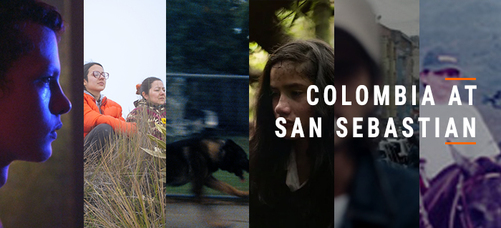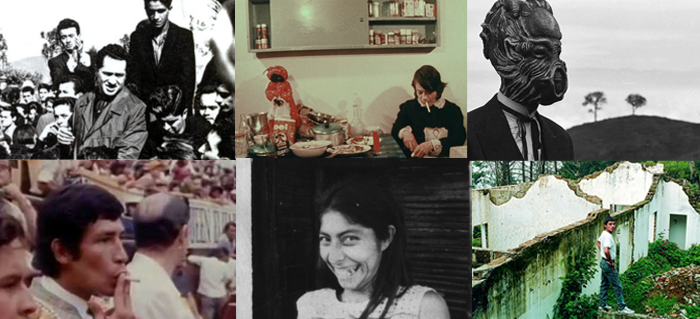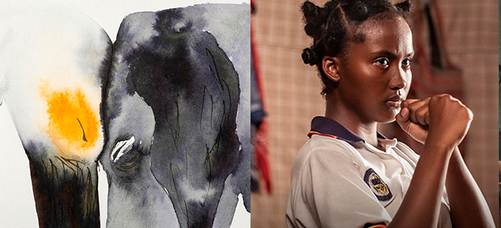
Exploring the Roots of Documentary Filmmaking in Colombia
Pantalla Colombia No.: 123agosto 15 - septiembre 30 / 2023
The 35th edition of the États généraux du film documentaire festival, which occurred from August 20 to 26, shed light on twenty-eight Colombian productions.

États généraux du film documentaire is a non-competitive festival created in 1989 by Jean-Marie Barbe, the Bande à Lumière, and the Ardèche Images association. Its primary goal is facilitating interactions among film and audiovisual professionals and students while encouraging exchanges between directors and a public interested in documentary filmmaking. Since its inception, the festival has transformed the village of Lussas into a renowned place in the French film and audiovisual scene, earning it the name of "the village of cinema." The event is organized around three axes: seminars to contemplate documentary creation, professional meetings, and film programs that allow rediscovering works of authors, filmographies, or documentary cinema.
The program delves into uncharted territories of documentary history, shedding light on countries or regions rarely explored before. The absence of competition fosters a holistic exploration of these cinematic treasures. Screenings take place in Lussas and its neighboring villages, often within the welcoming homes of local families. The festival is closely affiliated with the Maison du doc, an organization established in 1994 by its founders, providing filmmakers with a platform to deposit their works for exclusive access to others. Each year, around 1,000 films find their home within this repository.
In its 2023 edition, held from August 20 to 26, the festival initiated a profound reflection on the portrayal of justice in cinema, the filming of trials, and the use of imagery as evidence. A special section dedicated to the origins of documentary filmmaking in Colombia, thoughtfully curated by Federico Rossin and generously supported by the Colombian Film Heritage Foundation and the French Embassy in Colombia, was a highlight of the event. The organizers describe this as "a unique exploration of the cinematic landscape of Colombia, a country marked by a tumultuous history, alongside a showcase of works by Luis Ospina."
Certainly, here's the revised version with bold text for film titles:
Among the Colombian films featured in this selection were La langosta azul (The Blue Lobster), a collaborative effort by Álvaro Cepeda Samudio, Enrique Grau Araújo, Luis Vicens, and Gabriel García Márquez; Rapsodia en Bogotá (Rhapsody in Bogota) by Jose María Arzuaga; Monserrate by Carlos José Mayolo and Jorge Silva; Favor correrse atrás (Please Move to the Back) by Lisandro Duque; Al mal tiempo buena cara, o la ópera del mondongo (Bad Weather, Good Face; or The Mondongo Opera) by Luis Ernesto Arocha; Lluvia colombiana (Colombian Rain) by Lisandro Duque and Herminio Barrera; Diario de viaje (Journey Diary) by Sergio Cabrera; Asalto (Assault) and ¿Qué es la democracia? (What is Democracy?) by Carlos Álvarez; Camilo, el cura guerrillero by Francisco Norden; Planas, testimonio de un etnocidio (Planas, Testimony of an Ethnocide) and Nuestra voz de tierra¸ memoria y futuro(Our Voice of the Earth, Memory, and Future) by Marta Rodríguez and Jorge Silva; Oiga vea! (Hey, Look!), Cali: de película (Cali: On Film), Asunción, and Agarrando pueblo (The Vampires of Poverty) by Luis Ospina and Carlos José Mayolo; and Ojo y vista, peligra la vida del artista (Eye and Sight, the Artist's Life in Danger), Nuestra película (Our Film), Todo comenzó por el fin (Everything Began at the End), El bombardeo de Washington (The Washington Bombing), and Un tigre de papel (A Paper Tiger) by Luis Ospina.
Más noticias


